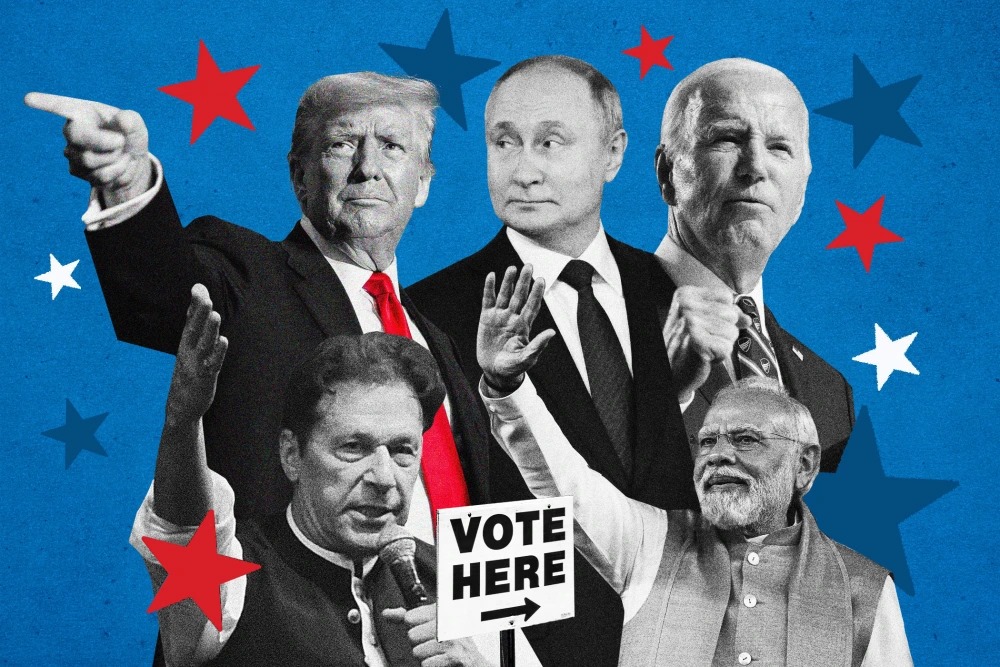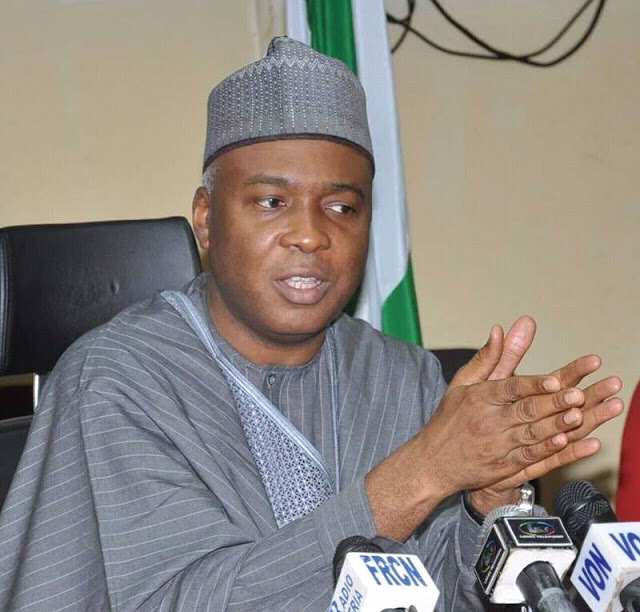2024: Decoding the ballots in other parts of the world
By: Daramola Luke and Saheed Muheez
In the Americas, the United States presidential election had billions of people ardently following, particularly in the aftermath of the failed assassination of Republican candidate, Donald Trump at his open-air campaign in Butler, Pennsylvania. The election was notable for the dominant issues that needed attention, such as the state of the economy, abortion, immigration, and foreign policy, among others. Trump in his bid to return to the White House was vocal in his criticism of the policies of his initial opponent, President Joe Biden, who withdrew from the race and endorsed his vice president, Kamala Harris as the new Democratic candidate. The November polls culminated in a comfortable victory for Donald Trump, albeit with allegations of external interference from state rivals like China, Russia, and Iran, as he became the first president to be elected for nonconsecutive terms since 1892.
In neighbouring Mexico, Claudia Sheinbaum made history in June by receiving the highest number of votes ever for a candidate in Mexican history, securing 35.9 million votes. Sheinbaum became the first Jewish female head of state in Latin America, in an election that recorded considerable female participation. In Venezuela, Nicolas Maduro’s administration kept with its repression of opposition parties resulting in a victory that was marred by gross violations of political human rights. The July election was widely condemned by international bodies for its lack of fairness and transparency.
In 2024, several European countries such as Belgium, Austria, and Portugal saw the far-right gain significant ground in national elections, with various far-right parties either gaining more seats in parliament or influencing coalition governments. In the UK, the Conservatives lost 251 seats in the July general elections as the incumbent Prime Minister Rishi Sunak failed to reduce the rot in his party’s popularity. Meanwhile, the Labour Party, under Keir Starmer, capitalised on the fallout from the tumultuous tenures of Boris Johnson, Liz Truss, and Sunak, regaining dominance. Smaller parties also made notable gains, further reshaping Britain’s political landscape.
Russia held its 8th presidential election in 2024, where Vladimir Putin secured a fifth term as expected. The election was notable for the restriction of Putin’s most vocal opposition leader, Alexei Navalny, who was barred from running due to charges widely viewed as politically motivated. Navalny later died in prison a few weeks before the March election under questionable circumstances. Meanwhile, in Western Europe, France’s President Emmanuel Macron endured a horrid year of four prime ministers as he sought to soothe the hung parliament in Paris, a consequence of the political shift following the European Union Parliament elections.
Elections in Asia saw Narendra Modi retain power for the third time in India, but his Bharatiya Janata Party (BJP) failed to maintain its singular majority in an election that lasted for 44 days with over 642 million voters, of which 312 million were female, marking a global all-time high for female participation.
Shigeru Ishiba’s Liberal Democratic Party (LDP) lost the outright majority in Japan as a slush fund scandal wreaked havoc on the party’s popularity. Lai Ching-Te became Taiwan’s new president, succeeding Tsai Ing-wen. Lai Ching-Te won the presidential election with a focus on strengthening Taiwan’s international position and defying China’s bid for reunification. In Iran, President Ebrahim Raisi’s helicopter crash saw presidential elections called with Masoud Pezeshkian emerging as the new president. Nawaz Sharif became the Pakistani premier in an election marred by election rigging and unexpected shifts in results. In Azerbaijan and Bangladesh, Ilham Aliyev and Sheikh Hasina won reelections redoubtable for low turnouts, political oppression, and media censorship.
The sheer volume of elections held across the world in 2024 will be remembered as considerably tumultuous and trendy especially as it lived up to the billing with lots of suspenseful Oscar-worthy dramatic and significantly unexpected outcomes in some of the electoral processes. It has undoubtedly been an interesting and memorable year, one that could well earn the distinction of being the most politically intense in democratic history.







